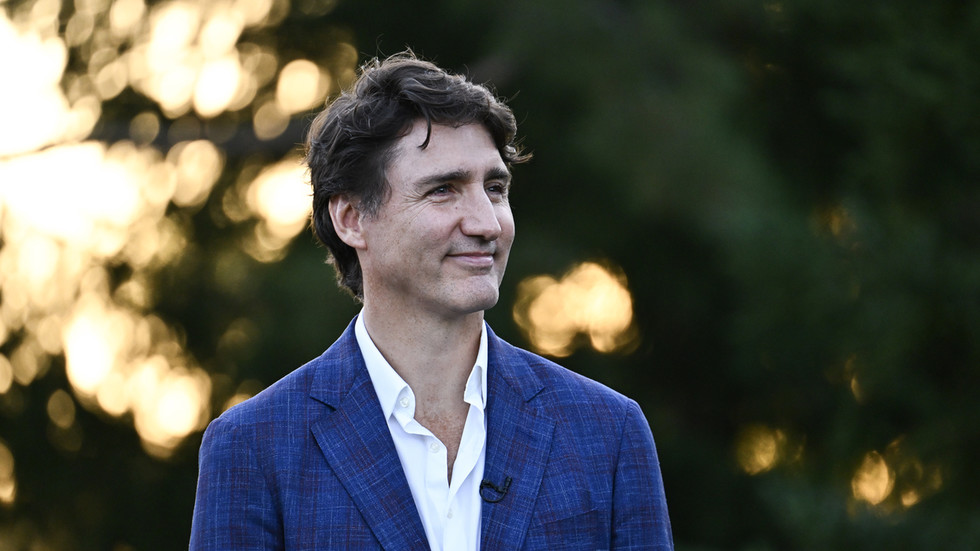A significant movement is emerging within Canada’s Liberal Party aimed at ousting Prime Minister Justin Trudeau from his leadership position. Several MPs have begun organizing themselves to formally call for his resignation during an upcoming caucus meeting. This internal dissent appears to be gaining momentum, as various members of the party are expressing their frustrations regarding Trudeau’s leadership, particularly following recent electoral setbacks in traditionally safe Liberal ridings in Toronto and Montreal. The increasing discontent among party ranks has led to discussions among approximately 35 MPs, with at least five of them openly supporting the initiative to force Trudeau out ahead of the next federal election scheduled for late October 2025.
Trudeau’s leadership has come under scrutiny as the party grapples with disappointing outcomes in by-elections that were expected to solidify its standing in key urban areas. The recent losses have heightened concerns among party members about the Liberal Party’s viability as they inch closer to the electoral deadline. Dissent within the party appears to be growing, as MPs fear that a weakened leadership could jeopardize their chances in future elections. The potential challenge to Trudeau’s leadership reflects a critical moment for the party, urging a re-evaluation of their strategy and direction.
Liberal MP Anthony Housefather, while not directly confronting the issue, acknowledged the need for open discussions surrounding leadership within the party. His comments suggest a growing recognition among some members that robust conversations about future leadership could benefit the party’s trajectory. This sentiment illustrates a shift in the party’s internal dynamics as MPs begin to question whether Trudeau is the right person to guide them through the tumultuous political landscape leading up to the next federal election. The acknowledgment of such discussions symbolizes a broader discontent that may lead to significant changes if not addressed effectively.
Some MPs, such as Sean Casey from Charlottetown, have been more vocal about their discontent, claiming that many voters in their constituencies are echoing similar sentiments regarding Trudeau’s leadership. Casey’s assertion reveals that the frustration with the prime minister is not confined to the party elite; it is resonating with ordinary Canadians who feel disillusioned with the current administration. The desire for change, as articulated by Casey, indicates a growing rift that could have substantial implications for party unity and electoral success in the forthcoming election cycle.
The internal struggles within the Liberal Party underscore the complexities of maintaining leadership in a politically charged environment. As members prepare to confront Trudeau over his leadership, they are also navigating the broader electoral landscape, which remains unpredictable. The pressure is mounting for Trudeau to either reaffirm his position or consider stepping aside to allow for a change in leadership that could reinvigorate the party’s electoral prospects. Such a pivotal moment necessitates careful deliberation among the party members, emphasizing the need for strategic foresight and a united front.
In summary, the movement to remove Trudeau as Liberal Party leader reflects a critical juncture for the party as it contemplates its future. As dissatisfaction grows among MPs and constituents alike, the coming caucus meeting will likely serve as a vital platform for voicing concerns and determining the pathway ahead. The anticipation surrounding this internal conflict suggests that the fate of Trudeau’s leadership and the Liberal Party’s electoral viability may hinge on the outcome of these discussions, making it a compelling scenario in Canadian politics.

